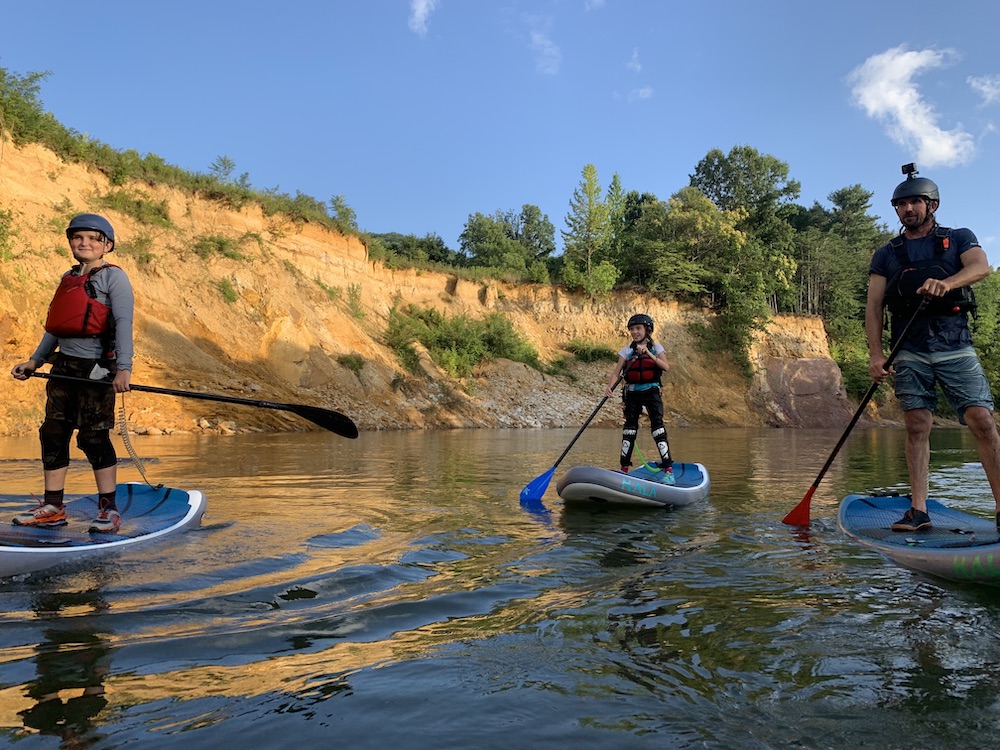
Supreme Court Dives Into Clean Water Act Scope
The US Supreme Court heard oral arguments this morning on a case that will likely shift the balance of which wetlands and perhaps streams are covered under the Clean Water Act. A permit is required to dredge, fill, or discharge pollutants into waters that are covered under the Act. Waters not covered under the Act lack this federal review. Now, just days from the 50th anniversary of the Clean Water Act, the Supreme Court considered this request to significantly weaken the effect of the landmark law that is largely responsible for the remarkable restoration of our Nation’s rivers.
The case focuses on a proposed construction project atop a wetland near Priest Lake, Idaho, but the ramifications of the decision will apply nationwide. The justices asked pointed questions of the attorneys arguing both sides of the case, aimed at determining which tests should apply to determine if the wetland is covered under the Clean Water Act. The nuances of the Court’s eventual decision could have significant effects on the health of our nation’s waters.
Wetlands are very important to rivers. They can absorb and slowly release rainfall as well as overbank flooding, making rivers less flashy. They can filter pollutants that would otherwise run into rivers. They provide for unique biodiversity that can enrich nearby river environments. And perhaps obviously, pollution dumped into some wetlands can end up in rivers through surface water flow, subsurface flow, or during flooding events that flush wetland waters into rivers. It is unclear if this case will shift which rivers and streams are covered under the Act, but regardless the case could impact rivers by impacting wetlands.
American Whitewater joined a large number of other organizations in filing an Amicus Brief on this case authored by the Southern Environmental Law Center. We are hopeful that the Court will honor the intent of the Clean Water Act “to restore and maintain the chemical, physical and biological integrity of the Nation's waters” and continue to protect downstream recreationists, landowners, and animals that rely on rivers being safe from upstream pollution.
